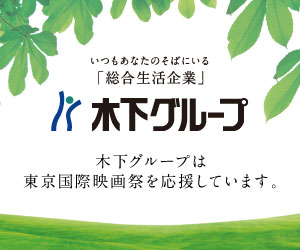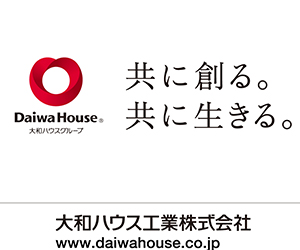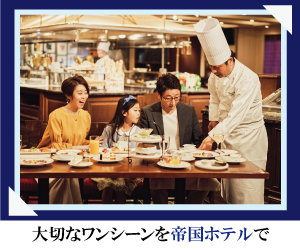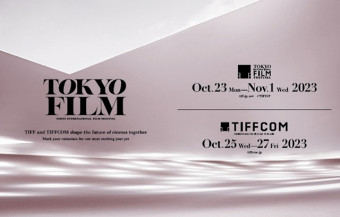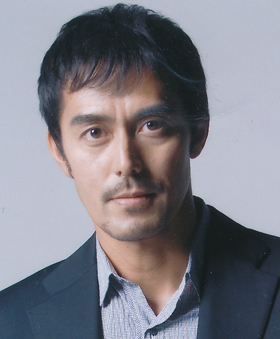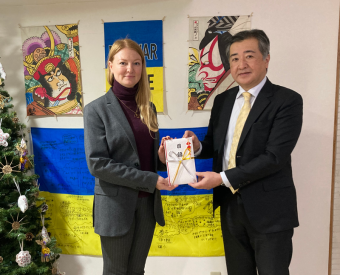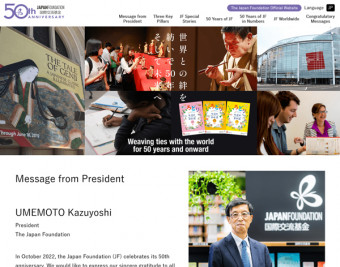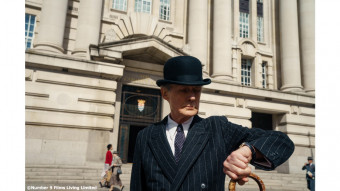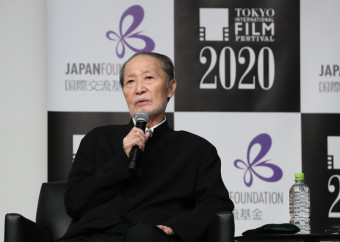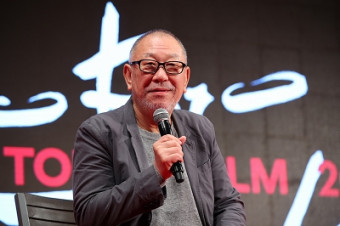
In a special “Women In Motion” talk co-hosted by global luxury group Kering and the 35th Tokyo International Film Festival, Palme d’Or-winning director and TIFF advisor Kore-eda Hirokazu joined actor Matsuoka Mayu to discuss current conditions and possible changes for women working in the Japanese film industry.
TIFF and Kering had presented “Women In Motion” in 2019, before the pandemic, but the program has been an official part of the Cannes Film Festival since 2015, when it was first launched to spotlight women in filmmaking, their contributions to the industry and some of the challenges that they face today.
Film journalist Tatsuta Atsuko moderated the talk between Kore-eda, winner of numerous international awards for his work, and Matsuoka, who first worked with Kore-eda on Shoplifters, Japan’s 2018 Oscar contender. The award-winning actress also stars in Kore-eda’s upcoming Netflix series, The Makanai: Cooking for the Maiko House, set to be released in January 2023.
Tatsuta first asked Kore-eda about his experiences working abroad in places like France and South Korea, where he made his latest film Broker (2022), and how they compared to his experiences working in Japan. “In France, they work 8 hours a day and tend to wrap up work by dinner time,” he responded. “It’s also rare for people to work on weekends. If you film on a Saturday, you have to pay your staff 200% of their usual wage, so filming tends to be limited to weekdays. In South Korea, they have a 52-hour cap for the number of hours people are able to work per week, and you aren’t allowed to exceed that limit, so the standard for work-life balance is higher than it is in Japan”.
Explained Matsuoka, “In Japan, it’s common for us to start at 8am or 9am, but there’s a lot of prep work to do before filming actually begins, especially for people on the production team, and you often have to leave home at around 5am to make those call times. So the work day ends up being really long.”
The actor asked Kore-eda for his thoughts about a dilemma that she’s noticed while working on set. “It’s absolutely important to prioritize rest, and of course you’ve got to spend time with your family at home,” she agreed, “but from what I’ve experienced, I don’t see a long work day as something that is all bad. For instance, there are days when we collectively achieve such strong momentum on set that we end up going overtime because it’s a pity to abandon that energy. But what do you think, is it better if we don’t have days like that?”
Kore-eda agreed that adhering to specific cutoff times is easier said than done, but explained that sticking to predetermined working hours is paramount to the future of cinema. “I’ve reached an age now where I need to start thinking about what I’m handing down to the next generation. We have a responsibility to shape the industry to make it more sustainable. I don’t want the harsh working conditions to deter young people from joining this industry. If we don’t make enough changes soon, we’re going to run out of filmmakers, and cinema as we know it will disappear.”
Matsuoka and Kore-eda also discussed how working on a film set can be difficult for female cast and crew with children. “I think with the way things are now, lots of women still have to choose between having children or having a full-fledged career where they’re working from 5am to 11pm,” said Matsuoka. “People want to have families and shouldn’t have to give up their career in order to have that.”
Kore-eda noted that one aspect of work that complicates things for his crew with children is the fact that productions often involve working on sets in remote areas that are far away from home. “For my latest project, I arranged childcare on set so that my crew could work and be there for their kids at the same time. There’s more to be done, but that’s something we’ve been testing.”
Turning the conversation to power dynamics and gender bias, Tatsuta asked Kore-eda and Matsuoka about their thoughts on the Hollywood scandal that had ignited the #MeToo movement against sexual harassment in the entertainment industry.
“I don’t have much experience abroad and I don’t have any friends from overseas, so I wasn’t able to follow this movement in real time, as it was happening,” Matsuoka explained. “When the movement finally reached Japan, I got the impression that the meaning and the purpose behind it got somewhat lost in translation and a lot of people started arguing about what #MeToo symbolized, or who it was supposed to represent. It’s a shame that arguments over pedantic details divided so many people and distracted from the core issues at hand.”
Kore-eda concurred. “I regret that it took me so long to catch up to what was going on and understand the depth of this issue,” he said. “I’ve heard rumours and stories from colleagues in the past, but it took a long time for any of it to sink in and for me to understand the gravity of the situation.”
“I’m still learning,” the director admitted, as he talked about creating safer environments for the actresses he works with. “I now have an intimacy coach on set whenever we’re planning intimate scenes, but when we released Shoplifters, there were posts on social media raising concerns about a certain scene. Even though the filming was a long time ago, and I had also made sure to film the scene with care at that time as well, I asked the intimacy coach what could have been better, and she told me that if she had been involved at that time, she would have advised to have a separate set for the sole purpose of filming that scene, away from the main film set. Her feedback taught me a lot about what I needed to improve for future productions.”
TIFF Special Talk Sessions
Hosted by Kering
Women In Motion
Guest speakers: Kore-eda Hirokazu (filmmaker), Matsuoka Mayu (actor)
Moderator: Tatsuta Atsuko (film journalist)













